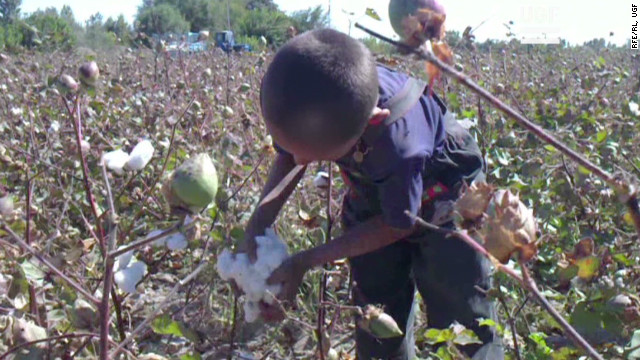Predisclosure sign: I can't watch the ads without there being humanoid animal beings, there are a lot of advertisements with animal features, even if it's a human with tail (birds eye) B&Q (beevers, moto: let's create) or as obvious as Zootopia/Zoopolis, or animals (cadbury, cat/dog, moto: free the joy)

Just for fun before you read this sad post (robot drive-through):
https://www.facebook.com/111546062230940/videos/1043882122330658/
http://www.bbc.co.uk/news/business-36089558
When I was taking apart my citizenship book (post 17) I also ripped my geography books up and threw them away but I went through the pages to see if I wanted to keep anything, and I saw that I learnt about some sad global issues such as clothing being made in sweatshops, in Indian slums, where there are working conditions that would not fulfill basic rights in cleanliness/hygiene, working hours like zero hour contracts and paid pennies.

There are also mines in Africa where people work long hours to dig out gold for a few pence per day, destroying the landscapes as well when they are digging quarrylike holes (put in BBC 3 documentary series such as Blood Sweat and Luxuries)
Where are our clothes made? I think it's a known fact that Primark make their clothing in Chinese factories as this was even placed on their official website. What is not included is the long work hours and poor working conditions that have been implemented.
What are TNCs? Multinational corporations (MNCs) - Companies that operate in more than one country. They often have factories in countries that are not as economically developed because labour is cheaper. Offices and headquarters tend to be located in the more developed world.
http://www.bbc.co.uk/bitesize/ks3/geography/interdependence/globalisation/revision/3/
The cotton from our clothes comes from mainly poor, warm, countries such as where schools have been closed so school-age children can be forced to work in terrible conditions with torn slippers/sandals and ripped old scruffy clothing (exploitation of child labour)

All around the world, there are these plantations, mainly near the equator,it gives a job to poorer people or people who are enslaved by their governments so they 'stay standing' and get survival money. Poor working conditions have been documented in history, and it continues to today
http://www.bbc.co.uk/schools/gcsebitesize/history/shp/britishsociety/livingworkingconditionsrev1.shtml
90% of cotton is picked by hand in Uzbekistan. They are tired, hungry, and under state orders. Even teachers are fired or arrested if they refuse to pick. People are taken away from factory work, and there is no compensation (or lawyer/suing/etc!) The children don't have protection from child laws so they can be exploited easily.
How much do £7.99 jeans actually cost to make ?
http://www.bbc.co.uk/bbcthree/item/19930947-8b87-45ca-b65a-88e0760c97da
The cotton, once picked, is then taken to factories where it is cleaned, ready to be purified, then spun. The cotton mills have piles of cotton, tonne after tonne from trucks, but giant bags have to be also carried on their heads and backs, causing back/neck injuries/strain.
The people are extremely warm from the sun beating down and inside the mills. There is no air conditioning meaning the workers boil. It can also be very dark in the sheds, with machinery making this even more dangerous.
Some have to collect enough on a quota or they cannot eat, they can be deprived of water. The tired, cold, and hungry can get fired or even arrested. Some try to cross the boarders but this is hard and dangerous.
Around 1% of children in the world have (been 'bought') as slaves, it sounds unreal but this statistic was on BBC show Stacey Dooley Investigates:
http://www.bbc.co.uk/programmes/b06kjyxq
(this show upset me, it is pretty hardcore, but shows truth)
Work hard and appreciate
Charlye/icem
No comments:
Post a Comment